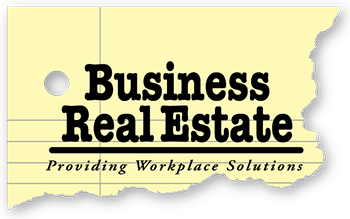The old maxim for real estate is “Location – Location – Location”. In commercial real estate it should be “Price – Price – Price”. It to doesn’t matter where a commercial property is located if the price is too high and any commercial property at the right price makes sense regardless of the location.
A true commercial real estate broker specializes in only commercial real estate and rarely, if ever, gets involved in residential transactions. Commercial real estate decisions should be based on the economics of the deal and the impact on the overall business. Residential real estate decisions are typically emotional decisions and involve such factors as lifestyle, schools, etc. Commercial real estate brokers are trained to analyze a deal from an owner’s perspective and advise what is in the best interest of their client. Quite often residential brokers will try to represent clients in commercial transactions with often humorous (and disastrous) results.
At Business Real Estate we specialize in only commercial real estate.

